Are wild turkeys
in the Eastern United States
on the decline?
I had never received such a request and thought that I would participate. After a while I had to admit that I had not seen wild turkeys in a year or two …. I have plenty of pictures of turkeys under our bird feeders or taking dust baths on our front lawn.
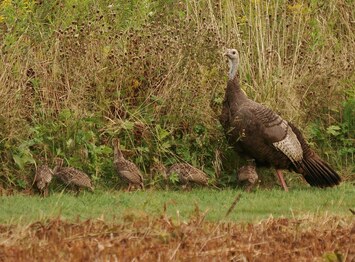
In late summer you see the turkey family parading their young ones in a long line with the male in front and the female in the back; and nobody dares to leave the line.
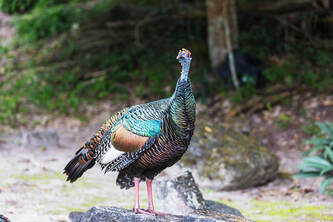
Scientists have noticed that hens with poults were down 43 % from the year before and on a five year average of 34 %. The Department of Fish and Wildlife Resources stated that with a poult-per-hen count of only 1.9, the wild turkey population would neither grow nor decline.
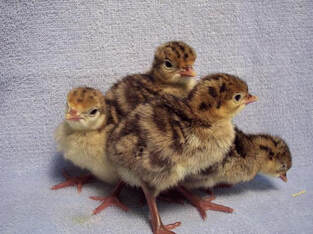
Survival of the poults is difficult to observe. Scientists assume that only 50 % of the young tiny poults will make it, due to predators or even the weather conditions.
Turkey hunters like to blame the decline of wild turkeys on chicken manure from poultry operations. It is used as fertilizer and some people think the chicken manure might spread a disease. This was tested but the results were inconclusive. Personally, we doubt this is one of the causes based on personal experiences. We’ve been observing wild turkeys in our area since the 1970’s. Chicken farming for eggs and meat was always a major industry in this area. In fact, our property was a former mom and pop chicken operation with as many as 14,000 free range chickens on any given year.
The local farmers have been using chicken manure for generations to fertilize their fields. When they spread it in the winter and early spring, all the local turkeys follow the spreaders and dine on insects and uneaten chicken fodder found in the waste. If the practice was a vector for harmful diseases, the local populations probably never would have peaked in the early 2000’s. It may be that the unpleasant, exceptionally strong odor that it emanates- you do not want to get anywhere near a freshly spread field for at least several days, is the reason that it is being blamed, but if you spot a freshly spread field, you will probably see the turkeys in train behind the spreader tracks.
The weather is of course also playing a role. If the spring arrives late and is cold and wet on top of it, it is not weather that turkeys want to reproduce. Everything must be right.
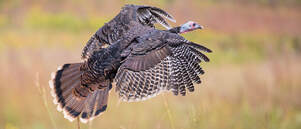
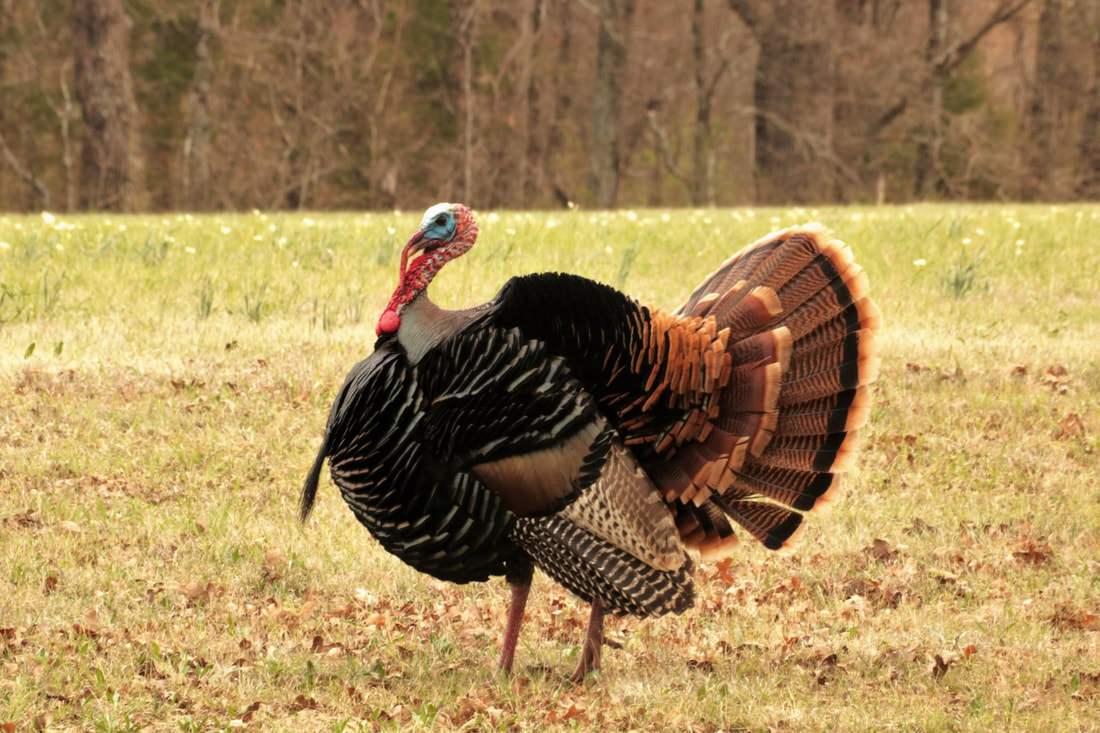
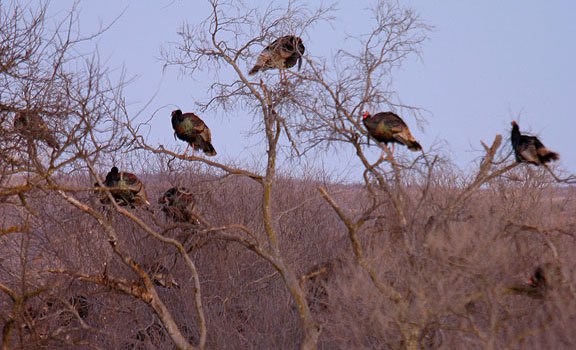
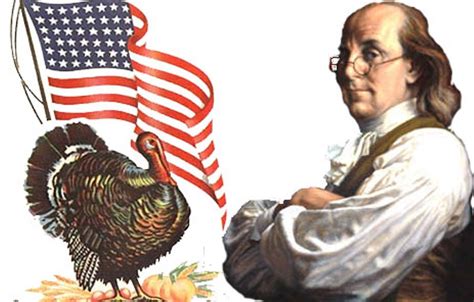
 RSS Feed
RSS Feed